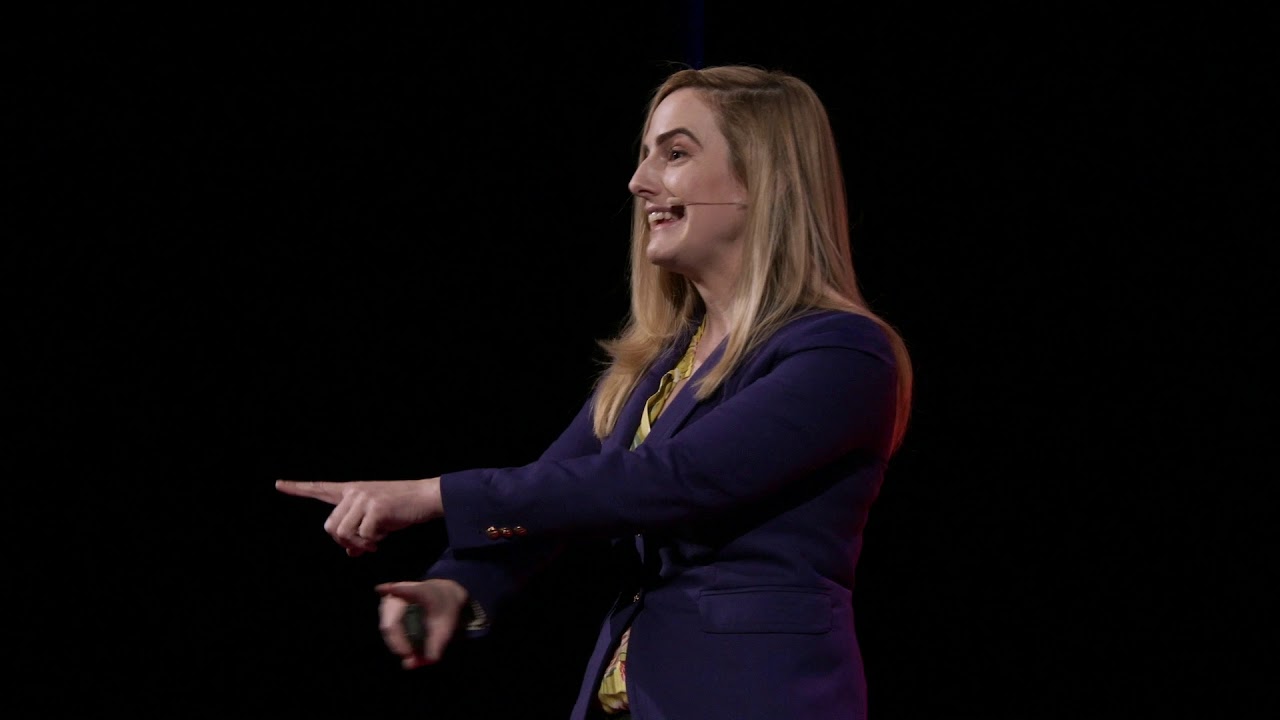What do the manifestos, diaries, police confessions, and court records of activists who committed violent attacks tell us about aggression in political movements? Based on findings from a multi-country study of political violence in the 1940s and 1950s, Dr. Abu Sarah reveals how daily habits reshape our environment, and why learning the history of human aggression is critical for our future. Christiane Marie Abu Sarah is a behavioral historian who studies emotions, decision-making, and moral cognition in social movements. She has managed projects and performed fieldwork in Iraq, Syria, Israel–Palestine, Egypt, Cuba, the Balkans, Northern Ireland, and Vietnam. From 2009–2012, she was a Research Associate at the Center for World Religions, Diplomacy, and Conflict Resolution (CRDC) in Arlington, Virginia. Today, she directs the Center for Behavioral and Cognitive History (BACH), where she is currently working on a book manuscript and digital history project entitled “To Drink a Cup of Fire: Morality Tales and Moral Emotions in Egyptian, Algerian, and French Anti-Colonial Activism.” The project collects the police confessions, diaries, manifestos, and court cases of activists who participated in violent attacks, recording how individuals crossed the thought–action divide, navigated emotional cues, and rationalized aggressive behavior. This talk was given at a TEDx event using the TED conference format but independently organized by a local community. Learn more at https://www.ted.com/tedx
We’re Creating Violent Ecologies But History Can Help Us Stop | Christiane Marie Abu Sarah | TEDxSMU
